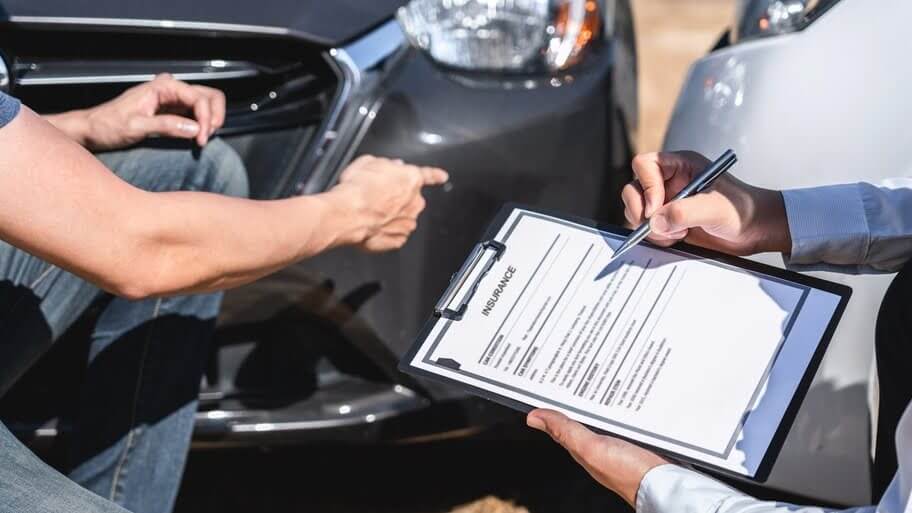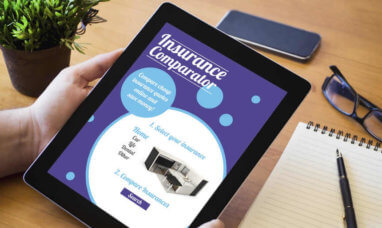For years, getting car insurance for undocumented immigrants was an uphill battle. Today, a growing number of states in the U.S. now issue driver’s licenses, regardless of one’s immigration status. This has made it easier for millions of undocumented immigrants to qualify for car insurance coverage. If you’re wondering how undocumented immigrants can get car insurance, read on!
In many states, drivers must have a driver’s license and car insurance to drive legally. Car insurance protects you financially in the event that you’re the at-fault driver in an accident.
Here’s how undocumented immigrants can secure auto coverage so that they feel safer behind the wheel.
Apply For a Driver’s License
The first step in getting car insurance is to apply for a driver’s license. Most insurance companies only provide coverage to drivers with valid licenses. If you haven’t already applied for one, now is the time to do so.
Twelve states, along with the District of Columbia, allow residents to apply for a license regardless of their immigration status. These states include:
-
-
- California
- Colorado
- Connecticut
- Delaware
- Hawaii
- Illinois
- Maryland
- New Mexico
- Nevada
- Utah
- Vermont
- Washington
-
Depending on your situation, you may qualify for a license under the federal Deferred Action for Childhood Arrivals (DACA) program. This program protects undocumented immigrants from being deported if they were brought to the U.S. illegally as a child.
States other than those listed above generally don’t issue driver’s licenses to undocumented immigrants. Young people who qualify for the DACA program are the only exception.
Unsure if you can apply for a driver’s license? Check your state’s Department of Motor Vehicle website. Here you’ll find everything you need to know about the application process.
Decide How Much Car Insurance to Buy
Most states require that drivers have at least a minimum amount of liability car insurance. This type of coverage pays for the costs associated with the treatment of injuries, as well as property damage repairs, caused by an accident.
It’s best to buy more liability insurance coverage than required by the state. This way you can be sure that you have enough liability coverage to protect your assets, including any property you own and your savings.
Because there’s always the risk of getting sued if you cause an accident, it’s best to know that you and your assets are protected.
Aside from liability coverage, some states also require personal injury protection (PIP), uninsured and underinsured motorist insurance (UM/UIM), or medical payments insurance. Each of these coverage options pay for your medical care in the event of an accident.
PIP and medical payments insurance pay out no matter who is found to be at-fault. UM/UIM only pays if you’re injured by a driver who doesn’t have enough insurance or is uninsured.
To cover your car, you’ll want collision and comprehensive coverage, both of which are optional. Be aware that if you finance or lease your car, you will need to carry collision and comprehensive insurance.
Collision insurance covers the repair costs after your car is damaged in an accident. Comprehensive coverage kicks in if your car is damaged by other causes, such as weather, vandalism, or an animal-involved collision.
Get Car Insurance Quotes
Once you’ve decided the type of insurance that you need, the next step is to get quotes from several insurance companies. You’ll find several car insurance comparison tools online that make the process easier and faster.
When shopping around for auto insurance, be aware that rates vary widely. This is why it’s important to consider several options before choosing an insurer. By shopping around, you can get the best price for the coverage that you need.
As someone who recently obtained their driver’s license, insurers will consider you to be a new driver, even if you’ve driven in another country for several years. As a result, you can all but guarantee that you’ll pay higher premiums than seasoned drivers with a clean driving record.
The good news is that your premiums will decrease after a few years when you’re no longer considered a new driver. Be sure to avoid moving violations and accidents to keep your record spotless.
Cost aside, you also want an insurer who has a solid reputation and is known for having good customer service. The best company is one that not only offers a great price, but dependable, personable service.
Low-cost Insurance Available in California
Do you live in California? If so, you may qualify for the state’s Low-Cost Auto Insurance Program. This program provides affordable liability insurance to ensure that drivers meet the set insurance requirement laws.
Costs range anywhere from $263 to $966 a year, depending on your driving history as well as the county you live in. To qualify for the program, you must:
-
-
- Be at least 16 years old
- Have a valid California driver’s license
- Own a vehicle worth less than $25,000
- Meet income eligibility guidelines
- Have a clean driving record
-
FAQs
How do I get Cheap Insurance as an Undocumented Immigrant?
There are many ways to save on car insurance. Start by shopping around to find the best deal for the amount of coverage that you need. It’s also important to maintain a clean driving record, as a speeding ticket or a more serious offense can cause your rates to skyrocket.
Do Insurance Companies Go After Uninsured Drivers?
In most states, it’s illegal to be behind the wheel of a car without insurance.
However, if your policy doesn’t include collision/comprehensive or uninsured motorist coverage, chances are that your insurer won’t go after the at-fault uninsured driver.
If you’re involved in an accident with an uninsured driver, the best option is to file an uninsured motorist claim.
What’s the Difference Between Insurable and Uninsurable Risk?
Insurable risks are those that an insurer can calculate potential future losses for. These are risks that can be given a set premium that is then paid by the insured. Common examples of insurable risks include fires, floods, hurricanes, and earthquakes.
Non-insurable risks are those that cannot be insured because claims or potential losses cannot be determined. Because of this, a premium can’t be established. Non-insurable risks include things such as acts of God, war, terrorist acts, or nuclear hazards.
Featured Image: Megapixl








